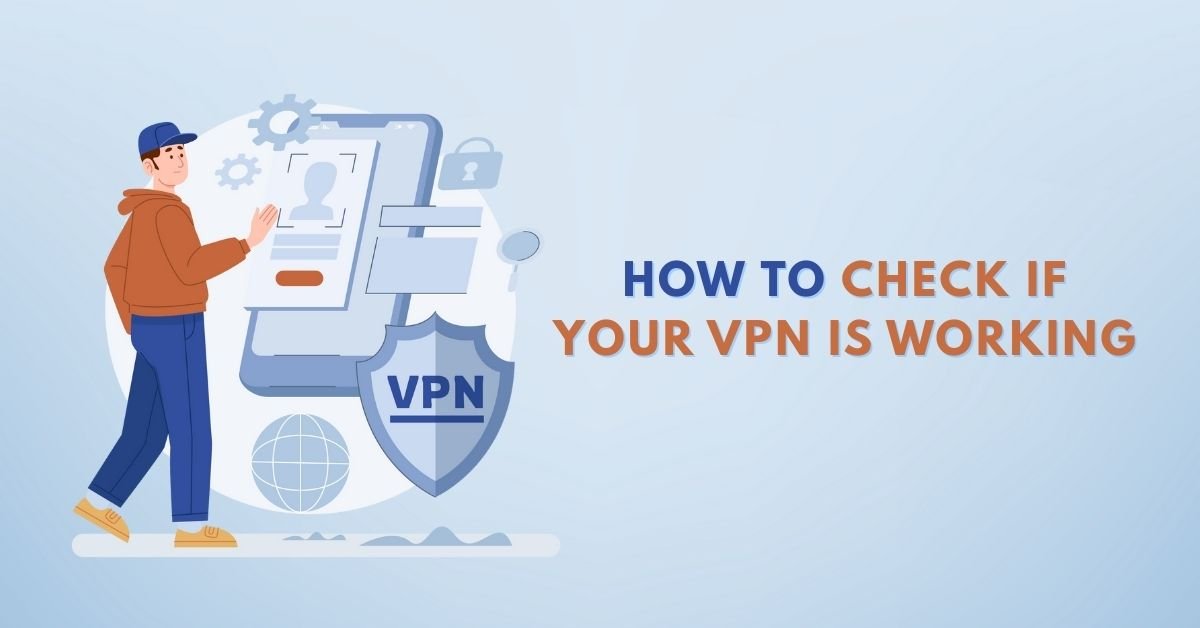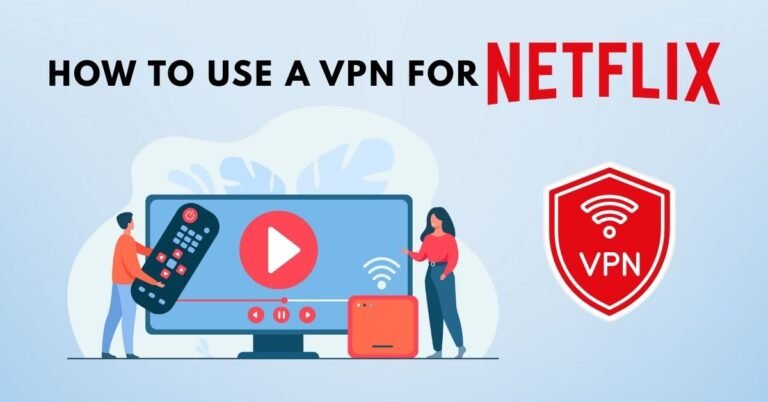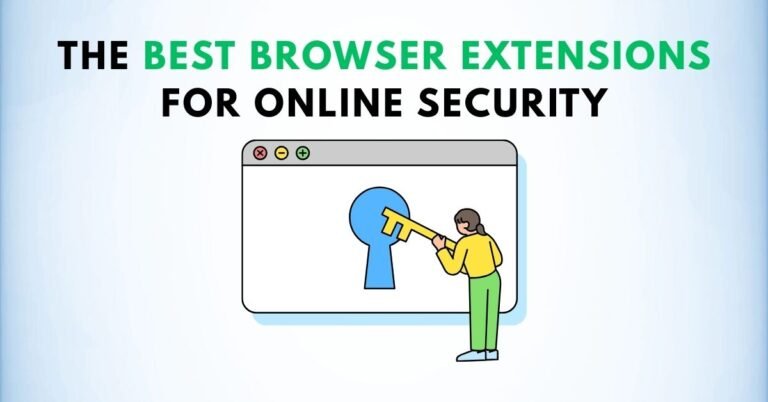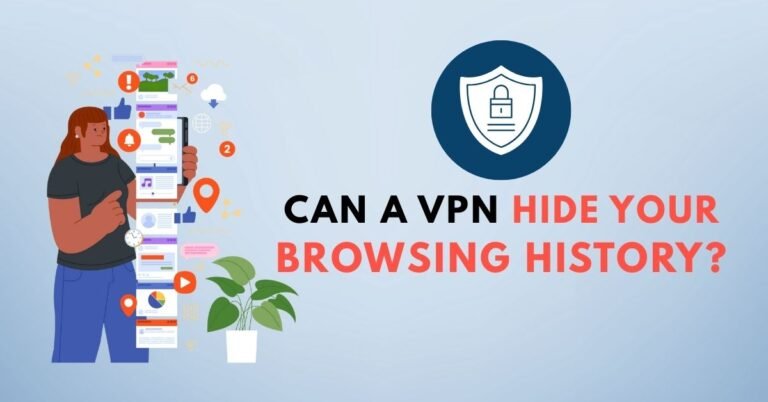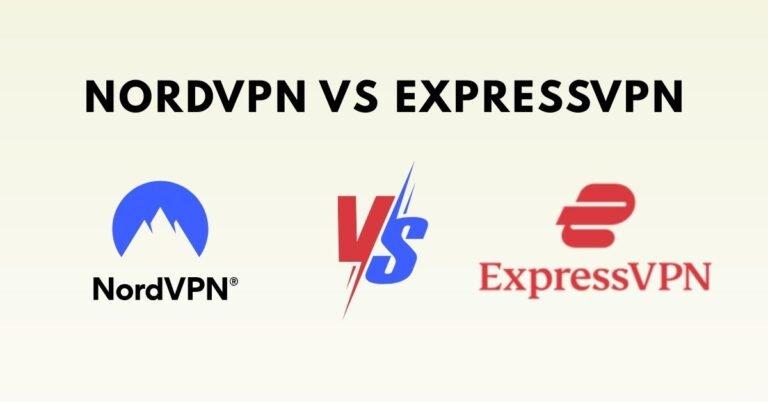Introduction
Ensuring your VPN is actually working is essential for achieving online privacy, secure browsing, and geo‑blocked access. At VPN AdWiser, we help users test whether their VPN is functioning correctly—covering everything from IP masking to leak detection and streaming tests. In this guide, you’ll learn how to check if your VPN is working across all key areas and what to do if it’s not.
Confirm VPN Connection Status
Before diving deep, simply check if your VPN is running:
- Open your VPN app and verify the connection icon (commonly green or showing “Connected”) is active.
- Look for a status indicator or power button toggle.
- Try disconnecting and reconnecting—some apps show “Off” or red when inactive
If it says connected but you can’t access sites, your VPN may be blocked by your ISP or firewall. Try switching to mobile data to test if the issue persists.
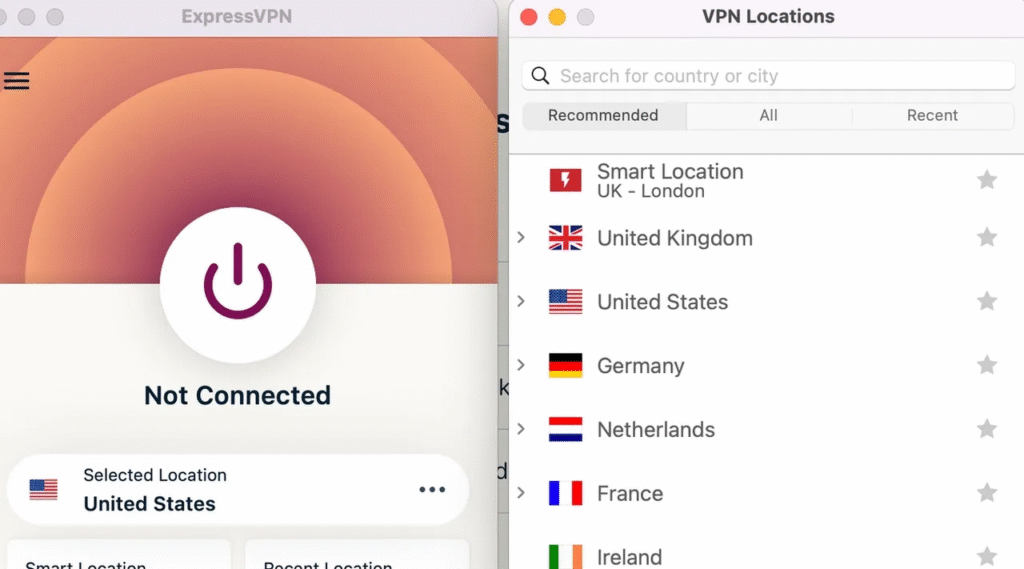
IP Address Test (IP Leak Check)
One of the simplest ways to verify whether your VPN is masking your identity:
Step-by-step IP test
- Turn off your VPN.
- Visit a site like “what is my IP address” or tools like whatismyipaddress.com or ipleak.net.
- Note down (or screenshot) your public IP and location.
- Turn on your VPN and select a server.
- Revisit the IP lookup site.
- Your IP should change to match the VPN server—if not, it means your VPN isn’t working properly.
DNS & WebRTC Leak Testing
Even if your IP changed, leaks can still reveal sensitive data:
- DNS leak: Ensures that DNS requests go through the VPN, not your local ISP.
- WebRTC leak: Occurs when browsers like Chrome, Firefox, or Opera expose your real IP via WebRTC calls.

How to run leak tests
- While connected to your VPN, visit browserleaks.com, ipleak.net, or dnsleaktest.com.
- Review the results for:
- Shown IP addresses matching your VPN server.
- No network interface or local IP addresses visible.
- If any real DNS or WebRTC info is shown, your VPN has leaks.
What to do if leaks occur
- Switch to a VPN server in another location.
- Enable built‑in leak protection in your VPN app.
- Use DNS over HTTPS/TLS or firewall rules to block DNS leaks.
Speed & Latency Test
VPNs can lower performance slightly—but too much slowdown may indicate a problem.
How to test speed and ping
- Disconnect VPN and run a speed test on speedtest.net or similar.
- Reconnect VPN to your selected server.
- Run another speed test to compare:
- Download/upload speeds (expect slight reduction, but not drastic)
- Ping/latency (usually increases modestly

Troubleshooting poor speeds
- Switch VPN server to one geographically closer.
- Try different VPN protocols (e.g., WireGuard, IKEv2).
- Disable or whitelist VPN in your antivirus or firewall.
- Enable split tunneling to route only selected traffic through VPN
Geo‑Restriction / Streaming Test
One key reason many use VPNs is for streaming region‑locked content.
- Choose a local streaming service (e.g., Netflix, Disney+, Hulu).
- Connect to a server in the country whose library you want to test.
- Try accessing geo-restricted titles or services to confirm access.
If streaming fails or shows content from your real country location, your VPN may be blocked or flagged—try a different server or provider.
Browser vs. System VPN Coverage
Sometimes browser proxy or extension is active but system-wide VPN isn’t enabled.
- Test leaks on multiple apps: browser, torrent client, email client.
- Use a browser in incognito/private mode to avoid cached cookies affecting results.
- Confirm all traffic is tunneled through VPN; test with firewall or VPN binding tool.
Advanced Privacy Checks
Kill‑Switch Functionality
- Enable kill‑switch and turn off VPN to test if internet access is blocked.
- If you still access the internet, your kill‑switch may be malfunctioning.
Router‑Level VPN
- Set up the VPN on a router if you want all devices protected.
- Test from different devices, and verify IP change, leak protection, etc.
What to Do If VPN Is Not Working
Here’s a quick checklist:
- 🔄 Restart your VPN app & device
- ✅ Update VPN to latest version
- 🌐 Switch VPN server
- 🔄 Switch protocol (WireGuard, OpenVPN, IKEv2)
- ⚙️ Add VPN app to firewall/antivirus whitelist
- 🎯 Use split tunneling
- 📞 Contact VPN support if problems persist
Summary Table
| Test Type | What to Check | Expected Result |
|---|---|---|
| Connection Status | VPN app status icon | “Connected” or green |
| IP Leak Test | IP lookup before and after VPN | IP changes to VPN server location |
| DNS Leak Test | Test via browserleaks.com or ipleak | No ISP DNS servers visible |
| WebRTC Leak Test | Same leak test tools | No real IP or local interface exposed |
| Speed Test | Download/upload/ping | Mild slowdown, manageable latency |
| Streaming Test | Access geo-restricted content | Content library changes as expected |
| Kill‑Switch Test | Disable VPN while working | Internet connection blocked properly |
FAQ
Q1: How often should I test my VPN?
Regularly—especially after updates or switching VPN servers. Check monthly or before sensitive online tasks.
Q2: Can firewall or antivirus interfere with VPN?
Yes. Some antivirus/firewalls may block VPN traffic. Whitelist your VPN app or temporarily disable protection to test.
Q3: What is the difference between IP, DNS, and WebRTC leaks?
- IP leaks expose real IP address
- DNS leaks send domain lookups via your ISP rather than VPN
- WebRTC leaks can reveal your local IP via browser communications
Q4: My IP changed, but speed is very slow—is that normal?
A small drop is expected. Huge slowdowns suggest poor server performance or bandwidth throttling by provider.
Q5: Does split tunneling affect VPN security?
Only data routed outside the VPN is exposed. Make sure sensitive apps are included in the VPN tunnel.
Conclusion
Testing to ensure your VPN really works takes just a few steps—but those checks are crucial for maintaining online privacy and performance. From verifying IP masking to detecting DNS or WebRTC leaks, monitoring speed, and testing streaming access, you now have a complete checklist to audit your VPN. At VPN AdWiser, we’ve broken down each method with clarity and SEO-optimized language—making it ideal for readers seeking actionable privacy advice.
If you’re looking for VPN reviews, comparisons, or specific provider guides to ensure your VPN works reliably, check out more on VPNAdwiser.com.

